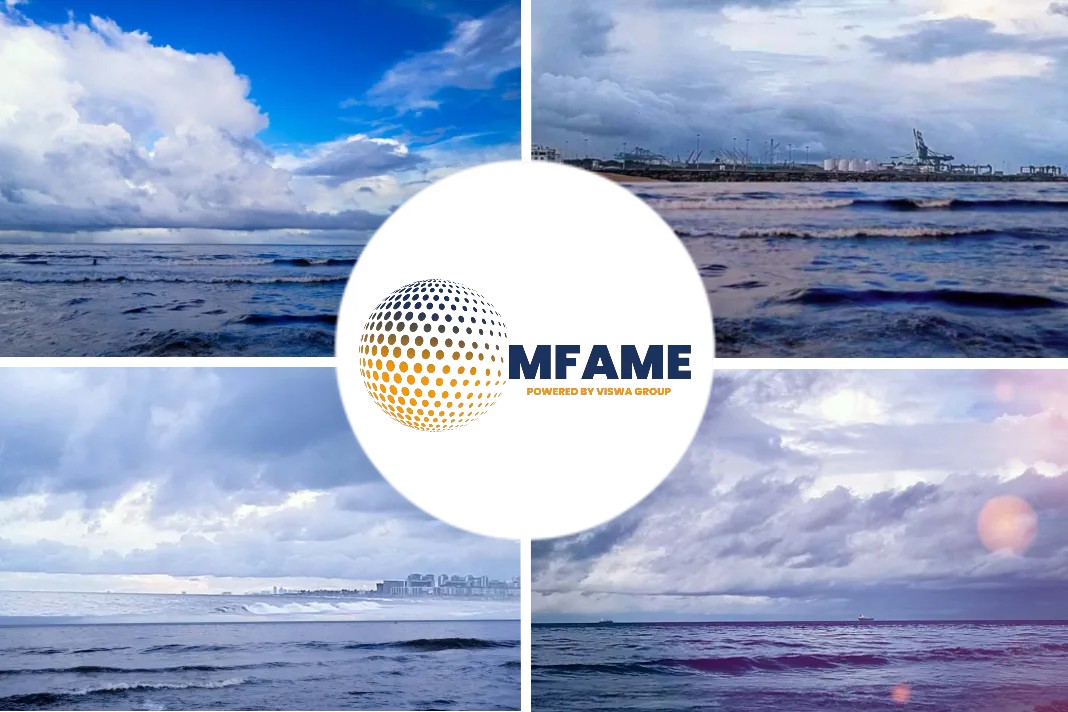With the onset of the Covid-19 pandemic in the first quarter of 2020, it did not look like being a good year for container shipping, but a very different picture has emerged in the second half with sharp demand growth on major trades, a shortage of containers and soaring freight rates, reports Seatrade Maritime News.
Concern over fuel prices
The year actually started with concern over fuel prices as very low sulfur fuel oil (VLFSO) prices soared as the IMO 2020 low sulfur regulation came into force, and for a short while lines that had invested in scrubbers appeared to have made a very wise decision. However, the surge in fuel prices was short-lived as oil prices plunged.
As Covid-19 took hold in the world’s largest container export market China things quickly started to look even tougher for the already battered sector.
Global impact right around the corner
By March things appeared to be improving on trades from China, but a much larger global impact was to be around the corner.
With the world in lockdown and volumes plunging the situation looked grim for container lines and in April analysts Sea-Intelligence forecast that container lines could lose $23bn in a worst-case scenario.
Meanwhile blanked sailings and a quick reaction to fast-changing market conditions were to prove to be an invaluable tool to container lines in riding out the slump in volumes.
A surprising change in the second half
The unprecedented management of capacity would herald a recovery in a few months, but it was too late for the world’s largest 10th largest container line – Pacific International Lines (PIL) – which sought financial rescue.
By the end of July there some real signs of a turnaround for container lines.
In August the quarterly financial results of lines confirmed a surprising change in fortunes was underway.
The start of September was to see Maersk announcing it was retiring the Safmarine brand.
Trade is booming
By October it was clear that volumes had surged well ahead of expectations and that equipment shortages were becoming an issue in key export locations.
Come to November the impact was clearly being seen on freight rates.
As we moved into December the Asia – Europe trade was booming as well as the transpacific
As we move to the end of 2020 lines look set to report some of their best annual financial results in years, a situation that appeared implausible just a few months earlier.
Did you subscribe to our daily newsletter?
It’s Free! Click here to Subscribe!
Source: Seatrade Maritime News

















![[Watch] How a Ship Engine Works – 4 Stroke Marine Diesel Engine](https://mfame.guru/wp-content/uploads/2023/11/mfame-tanker-100x70.jpg)
The anticipated 2021 growth in container shipping would be more successful
if the ships built as replacements were based on the FREBS Technomax designs.
Visit http://www.frebsmarine.com and appreciate the benefits of the Universal Cargo+Docking Solutions.
Many ports across the world are congested, the supply chains are too slow and delivery schedules are unreliable….
..even before the pandemic.
<>
TECHNOMAX SHIPPING SOLUTIONS
are GREEN SOLUTIONS
• SHORTEN THE SUPPLY CHAIN FROM SUPPLIER
TO CONSUMER
• ELIMINATE PORT CONGESTION
• ALLOW FLEXIBILITY FOR FLUCTUATIONS IN DEMAND
• REDUCE POLLUTION
• ELIMINATE LOSS OF CONTAINERS AT SEA
• REDUCE IN-PORT TIME
• LOWER INVENTORY
• REDUCE TRANSIT TIME – DOCK TO DOCK
• LESS ENERGY
• REDUCE TOTAL SHIPMENT COSTS
• REDUCE LAND SPACE AT DOCKSIDE
• CREATE SPACE FOR STORAGE & BREAKING BULK
• REDUCE THE CARBON FOOTPRINT
• SHIPS POWERED BY LNG or HYDROGEN
augmented with SOLAR + WIND
• BARGES POWERED BY INTERCHANGEABLE ELECTRIC CELLS